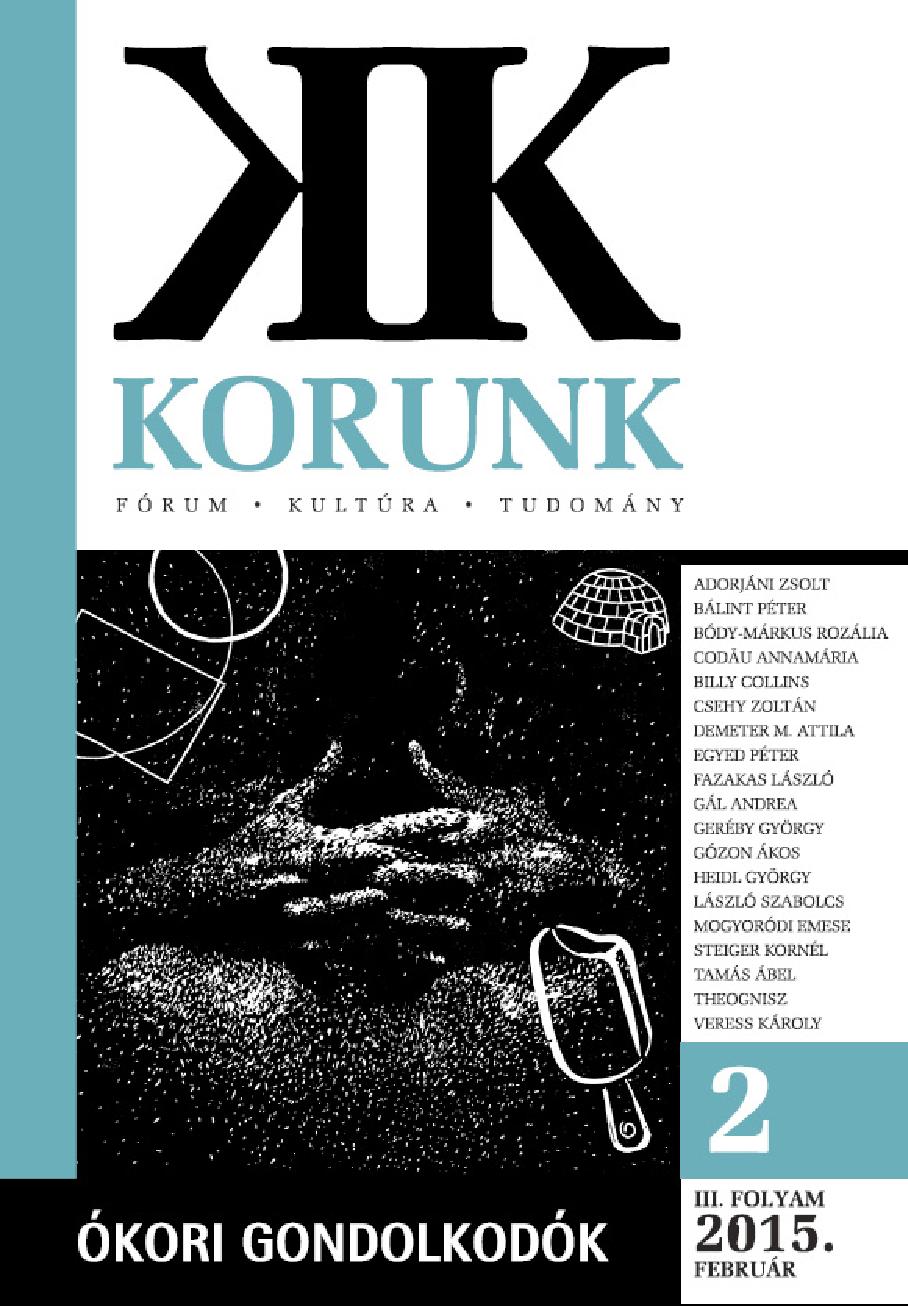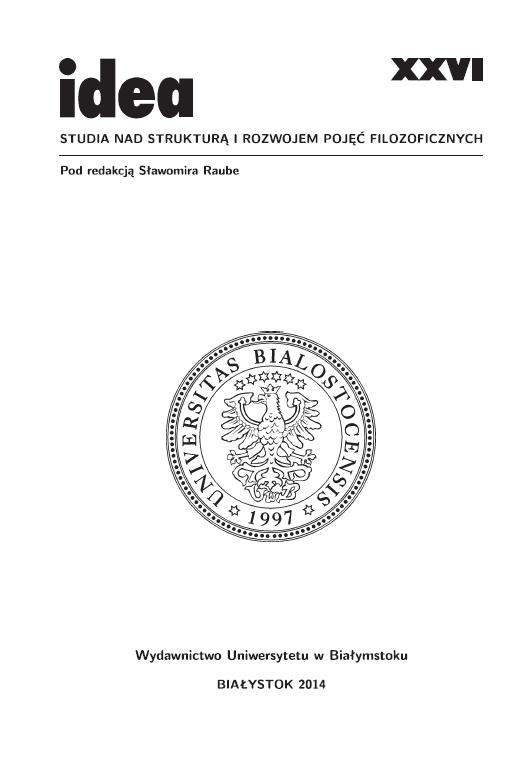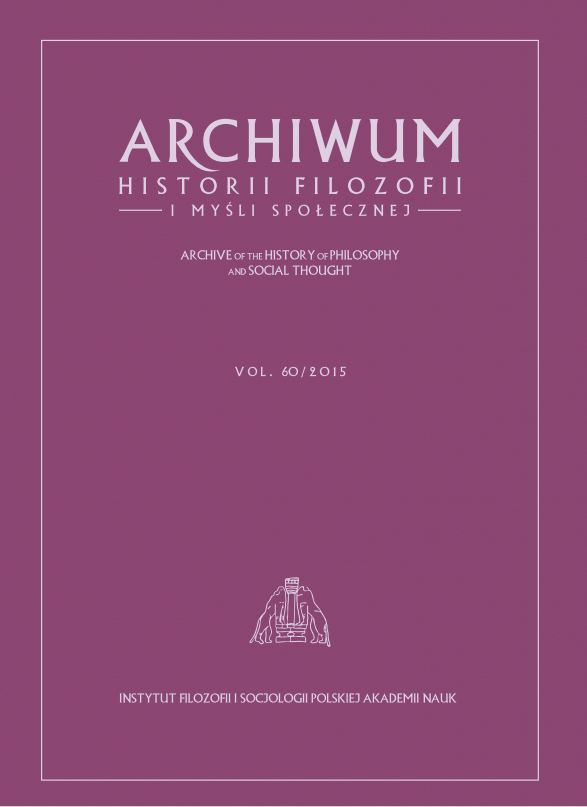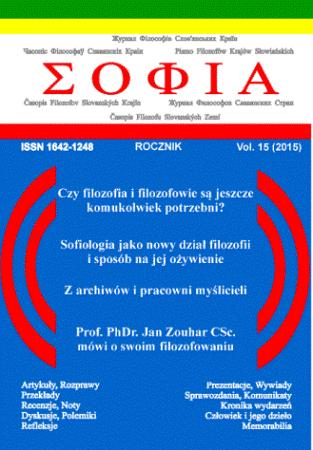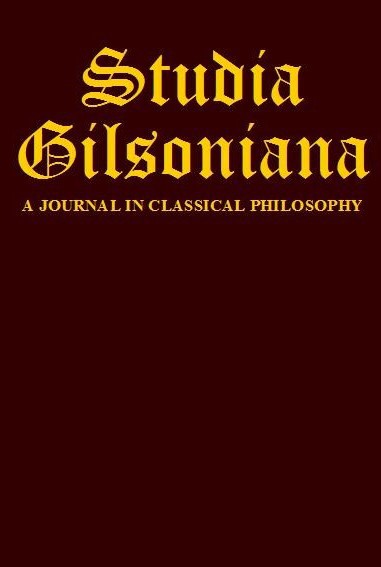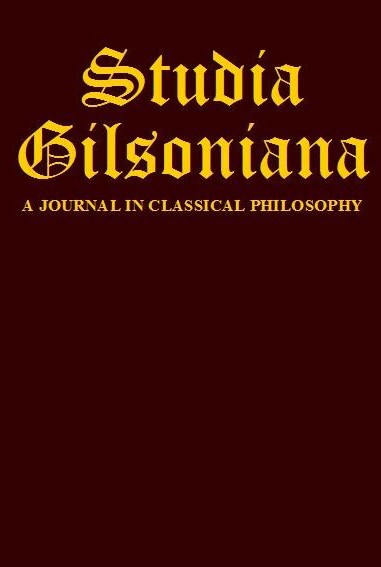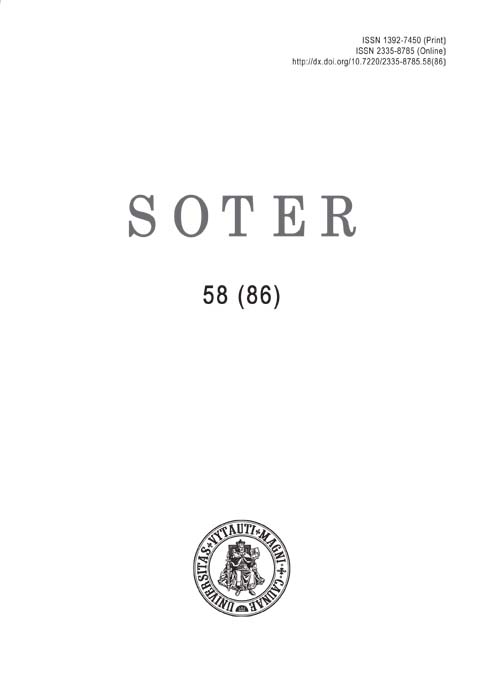
Mamardašvilis, Proustas ir savęs realizavimo problema
Article deals with Merab Mamardashvili’s suggested view to Marcel Proust’s literature activity. According to Mamardashvili, main interest and creativity pathos of Proust can be expressed by formula “to realize yourself”. But Mamardashvili explicates this personalistic and existential formula of self-realization in concepts, unusual for personalism and existentialism. Mamardashvili says that “to realize yourself” means “to realize impression”. The aim of this article is to explore the conceptual relation between self-realization and realization of impression.
More...
